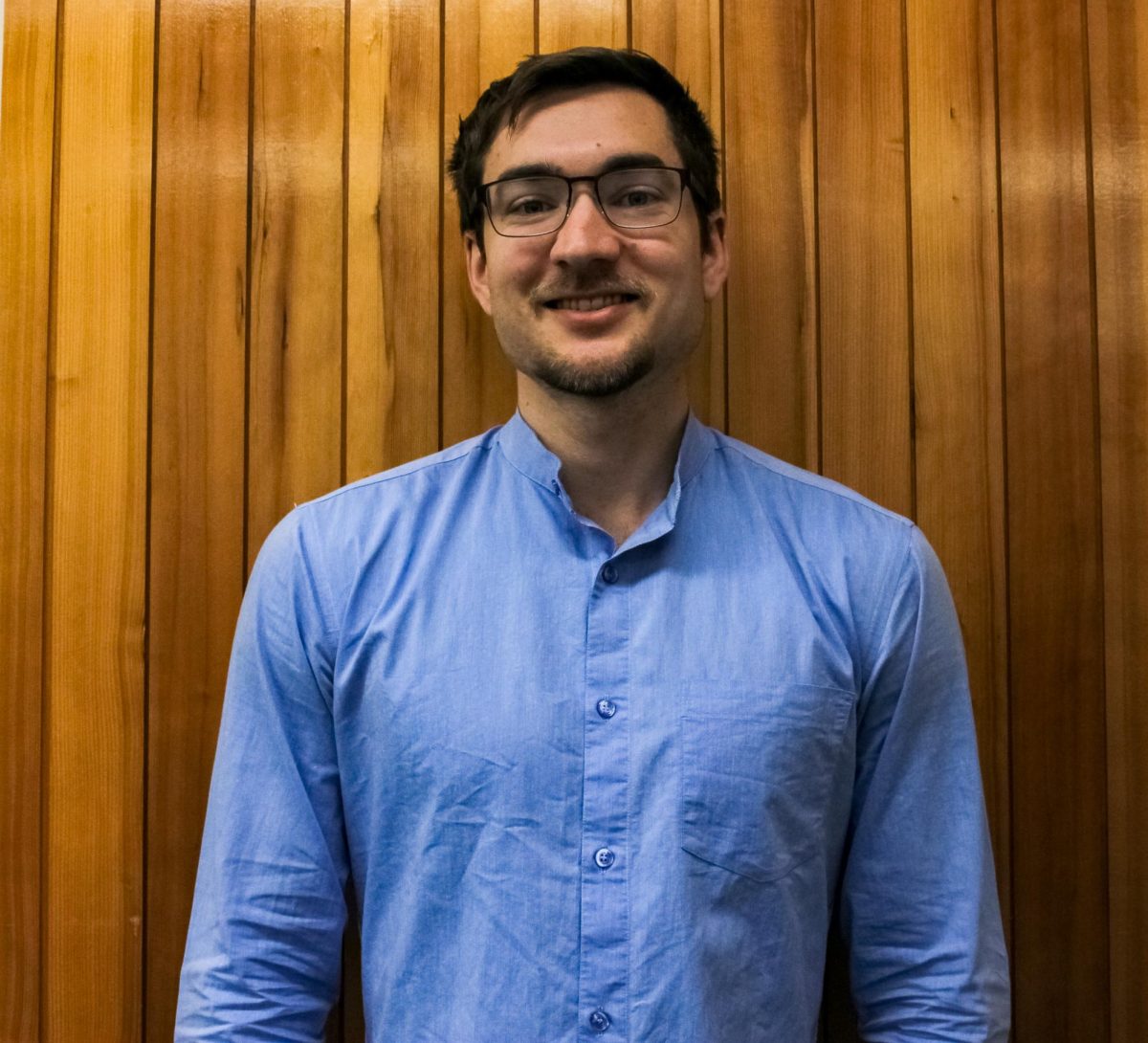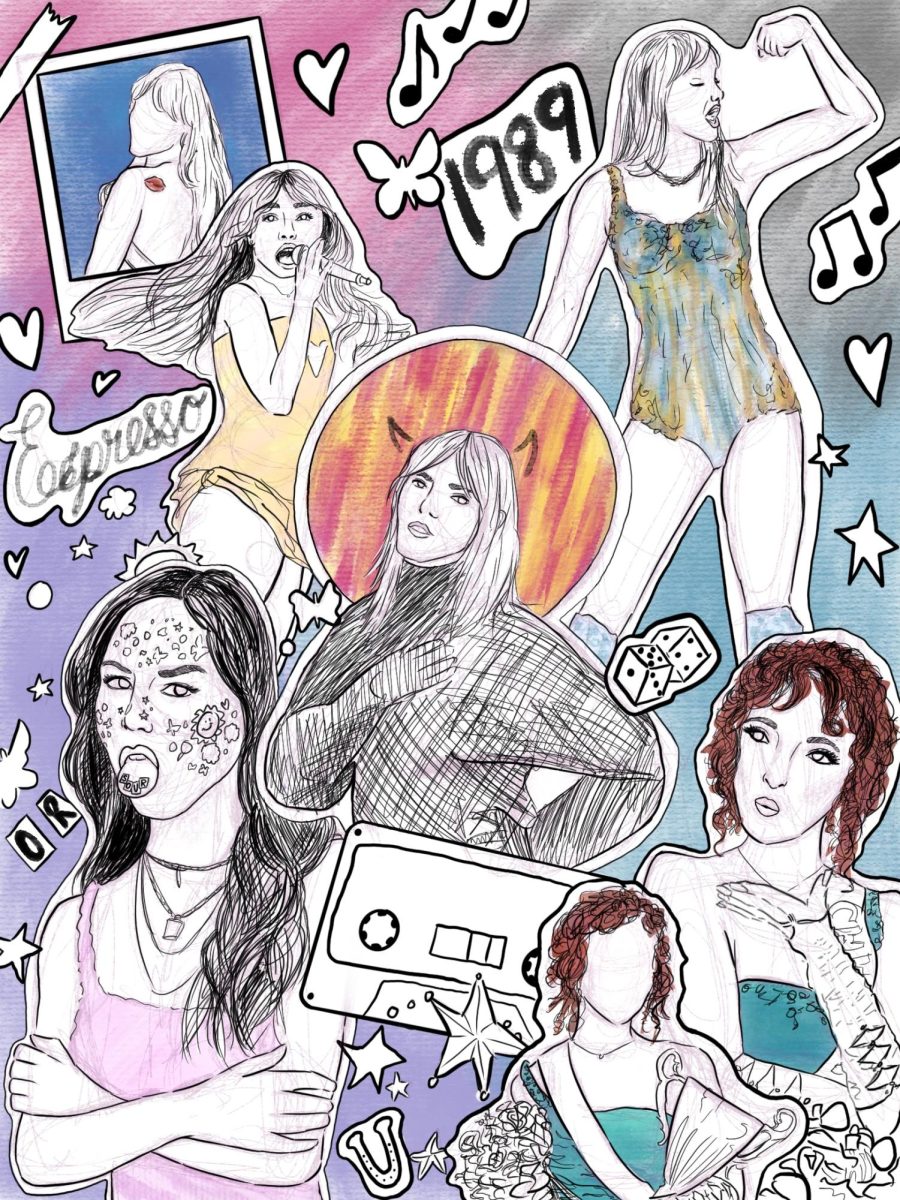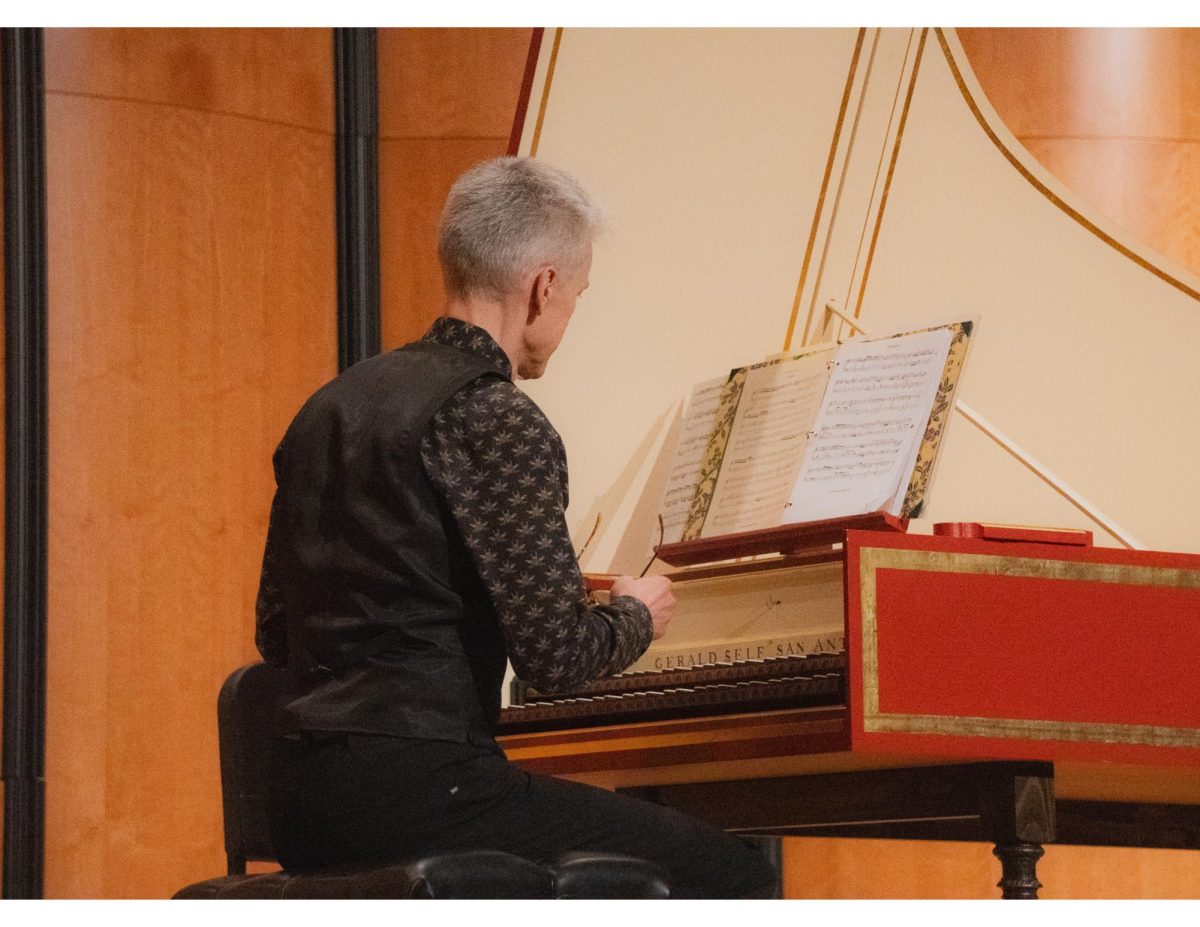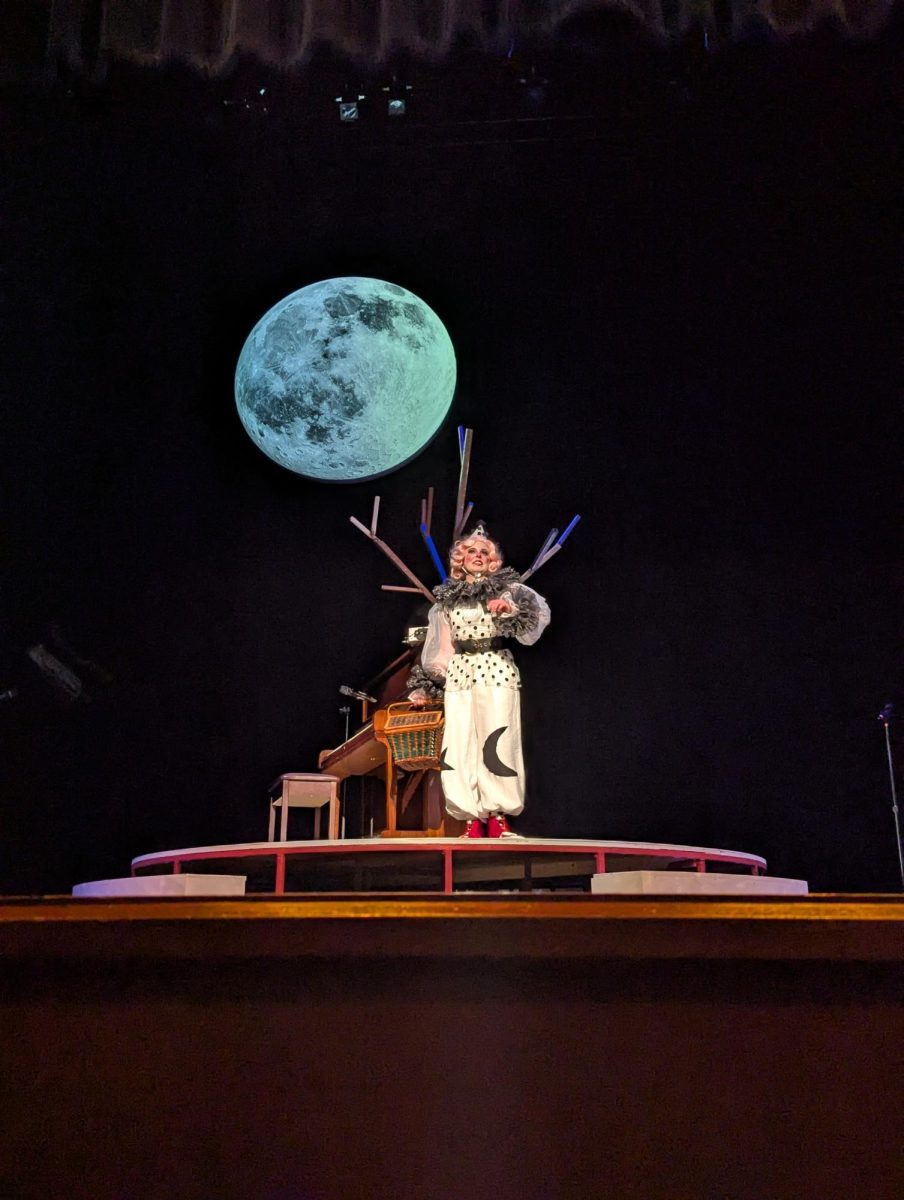“The Witch” is a new horror movie from first-time director Robert Eggers about a Puritan family who live alone by a large forest in New England during the 1630’s. At the beginning of the film, they are leaving the “plantation,” a community of pilgrims who have also immigrated from Europe. The father, William, disagrees with the lack of religious vigor amongst the locals and has chosen to move his family, a wife and four children, away. They have chosen to abandon the only society they know in this new world to live an isolated existence. Months later, the family dwells in a small shack-like structure that William built. They survive off of the corn they grow and the game they hunt. The mother, Katherine, has given birth to a baby boy, Samuel, who is the center of Thomasin, the oldest sister’s, world. The rest of the family consists of the second oldest son, Caleb, who is intelligent and devoted to his religion, and the toddler twins, Mercy and Jonas.
The film starts when Thomasin is playing outside with Samuel. She closes her eyes in a game of peekaboo, but when she opens them, Samuel is gone. The next few minutes reveal that the baby has been taken by the witch, a reality the film never tries to disguise with ambiguity or metaphor. I won’t reveal exactly what happens, but I will say that the entire theater erupted in groans.
The family is left in absolute ruins. Because Samuel was unbaptized, there is no guarantee that he has ascended to Heaven and is most likely burning in Hell. Katherine makes no secret about placing her blame on Thomasin, who is beginning to show signs of rebellion against her repressive family. The rest of the film shows the family’s slow descent into paranoia over the ever-growing presence of the paranormal.
One of the largest impressions this film left on me was my opinion of the witch. Again, the film never hides the fact that the witch exists. Unlike another recent, great horror film, “The Babadook,” the monster of “The Witch” cannot be interpreted as delusions brought on by trauma. My surprising response about halfway through the story was that I stopped viewing the witch as the villain. As Thomasin, a girl who has been burdened by an oppressive society her whole life, is subjected to more and more hardships at the hands of her family, the audience begins to feel more negatively toward characters like Katherine or the twins than towards the supernatural. That’s not uncommon in a horror movie though. Many times, the purpose of the monster is to reveal the true nature of the human characters. However, I’ve never seen a movie where I begin to root for the monster. By the end of the film, I was clapping when Thomasin made her final decision.
It’s difficult to interpret what exactly “The Witch” was about. On one hand, it’s easy to make the assumption that the film was commenting on the hysteria that comes with oppressive societies. However, in the context of this film, the family wasn’t exactly being paranoid. They believe in witches because they live in a world inhabited by witches. Their beliefs aren’t unjustified.
But, then again, the witches are a form of extreme female empowerment, which wouldn’t be necessary without something to rebel against. Would the witches exist without being driven to evil by the Puritan church? Perhaps the film is exposing the only reactions people have to repression: either allow the negativity to consume you or rebel against it until you are just as evil.







